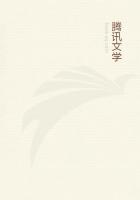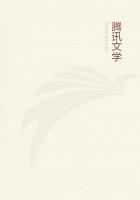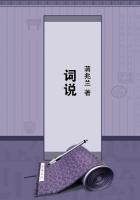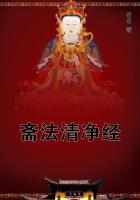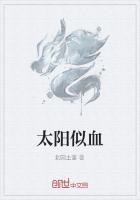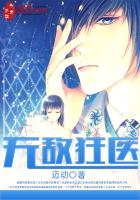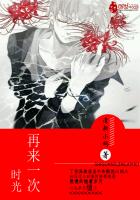The perceptive, or elementary aesthetic, feelings of sight and hearing may serve as representatives of all the com- [p. 164] posite feelings that arise in the course of intellectual processes, such as the logical, moral, and higher aesthetical feelings. For the general psychological structure of these complex affective forms is exactly that of the ******r perceptive feelings, except that the former are always connected with feelings and emotions that arise from the whole interconnection of psychical processes.
While the extremes between which the common feelings move are chiefly the affective qualities that we call pleasurable and unpleasurable in the sense of personal comfort and discomfort, the elementary aesthetic feelings belong to the same affective direction, but in the more objective sense of agreeable and disagreeable, feelings. These terms express the relation of the object to the ideating subject rather than any personal state. It is still more apparent here than in the caged of pleasurable and unpleasurable feelings, that each of these terms is not the name of a single feeling, but indicates a general direction, to which belong an endless variety of feelings with individual peculiarities for each single idea. In single cases, too, but more variably, the other affective directions (p. 83), those of the arousing and subduing, of the straining and relaxing feelings, may show themselves.
8. If we neglect for the moment this general classification mentioned, according to which the single forms are brought under the chief affective directions, all perceptive feelings may be divided into the two classes of intensive and extensive feelings, according to the relations which exist between the sensational elements and determine the quality of the feelings. By intensive feelings we mean those that depend on the relation of the qualitative attributes of the sensational elements of the ideas, by extensive feelings those that arise from the spacial and temporal arrangement of the elements. The expressions "intensive" and "extensive" do not refer to the [p. 165] character of the feelings themselves, for they are in reality always intensive, but to the conditions for the rise of these feelings.
Intensive and extensive feeling are, accordingly, not merely the subjective concomitants of the corresponding ideas, but, since every idea consists usually of elements that are qualitatively different and of some extensive arrangement of these impressions, the same idea may be at once the substratum of both intensive and extensive feelings. Thus, a visual object made up of different colored parts arouses an intensive feeling through the mutual relation of the colors and an extensive feeling through its form. A succession of clangs is connected with an intensive feeling which corresponds to the qualitative relation of the clangs, and with an extensive feeling coming from the rhythmical or arhythmical temporal succession of the same. In this way, both intensive and extensive feelings are always connected with visual and auditory ideas, but, of course, under certain conditions one form may push the other into the background. Thus, when we hear a clang for just an instant, the.only feeling perceived is the intensive feeling.
Or when, on the other band, a rhythmical series of indifferent sounds is heard, only the extensive feeling is noticeable. For the purpose of psychological analysis it is obviously of advantage to produce Conditions under which one particular affective form is present and others so far as possible excluded.
9. When intensive feelings are observed in this way, it appears that those accompanying the combination of colors follow the rule that a combination of two colors whose qualitative difference is a maximum, also gives a maximal agreeable feeling. Still, every particular color-combination has its specific affective character made up of the partial feelings from the single colors, and of the total feeling arising [p. 166] as a resultant, of the same. Then, too, as, in the case of ****** color-feelings, the effect is complicated by chance associations and the complex feelings coming from them (p. 76). Combinations of more than two colors have not been adequately investigated.
The feelings connected with combination of clangs are exceedingly numerous and various. They constitute the affective sphere in which we see most clearly the formation of partial feelings of different orders discussed above (p. 160), together with their interlacings varying under special conditions. The investigation of the single feelings that thus arise is one of the problems of the psychological aesthetics of music.
10 . Extensive feelings may be subdivided into spacial and temporal.

